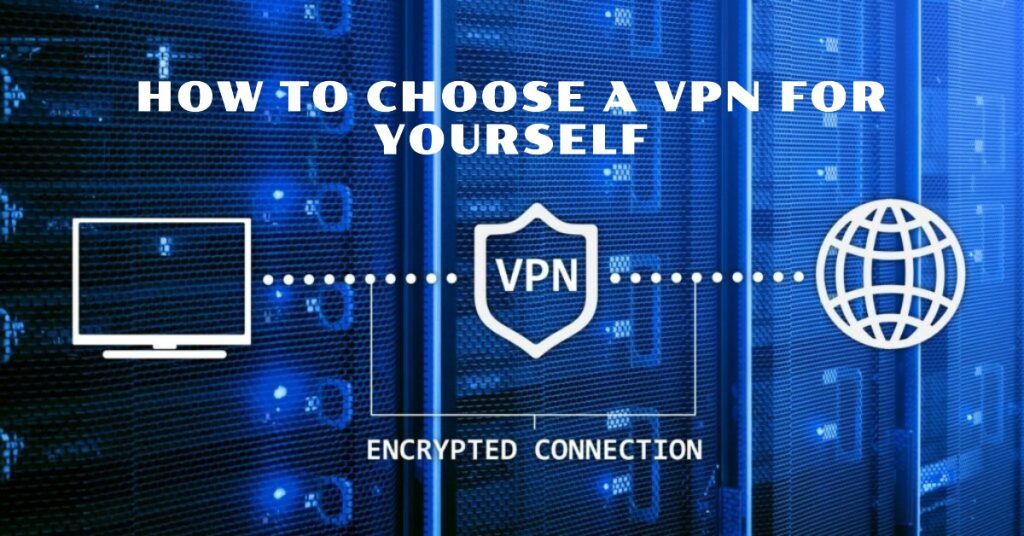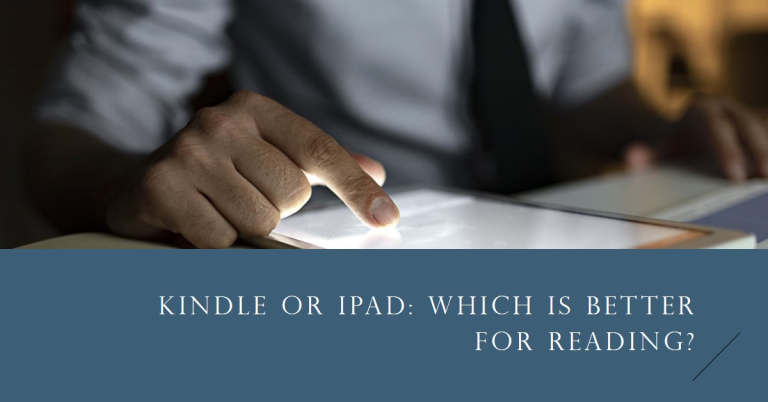Nowadays, in our digital era, when protecting our online privacy and security is extremely important, selecting the appropriate VPN (Virtual Private Network) is crucial. With the growing dangers of cyberattacks and surveillance, it becomes essential to have a trustworthy VPN to protect our online activities. However, all VPNs are not created equal, and choosing the right VPN for your needs can be daunting.
In this step-by-step guide, we provide you with an in-depth look at how to choose the right VPN that fits your needs.
Understanding the Importance of VPNs
Before choosing a VPN, it’s essential to understand its significance. VPNs provide numerous advantages, such as
- Security: VPNs encrypt your internet connection, which makes it impossible for hackers or government agencies to intercept your data.
- Privacy: VPNs hide your IP address, protecting your privacy and anonymity online.
- Access: VPNs enable you to overcome geographical limitations, allowing you to access websites and content from around the globe.
Why Do You Need a VPN?
VPNs are primarily used to ensure online safety. They create a secure connection to protect your data, keep your online identity hidden by masking your IP address, and let you use public Wi-Fi networks without the risk of being tracked. Additionally, VPNs provide a secure means of sharing files in professional and personal settings. They help bypass online censorship and allow you to access your home network abroad.
Assessing Your VPN Needs
To obtain precisely what you require from a VPN, outline the scenarios in which you will primarily utilize it. Since many VPN providers offer a broad range of services and functionalities, specifying your requirements enables you to identify your desired outcomes.
However, if you want to safeguard your online privacy, choose a VPN that incorporates robust encryption and follows a no-logs policy. A no-logs policy implies that the VPN provider retains no records of your online activities. If you aim to access geo-restricted content, you should search for a VPN with servers located in the countries from which you want to access content. Additionally, if you frequently travel and need to connect to public Wi-Fi networks, it is advisable to choose a VPN with strong security features to guard against malicious hackers.
10 Things to Consider When Choosing a VPN
Now that you know what you require, it’s time to assess the VPN providers. Take into account these aspects:
1. Security Features
When choosing a VPN, always give the first priority to security. Opt for a VPN with strong encryption like the industry-standard 256-bit AES encryption. Additionally, ensure that the VPN has a kill switch feature. This feature automatically disconnects your device from the internet if the VPN connection fails, safeguarding your online activities from exposure.
2. Connection Speed
If you want to avoid experiencing frequent delays and reduced performance in your internet connection, it is recommended to choose a VPN that offers fast speeds and minimal latency. Utilizing a VPN will inevitably impact your internet speed due to the additional time it takes for your data to pass through the VPN server. To evaluate the speed and effectiveness of a VPN, you can refer to reviews or personally test it.
3. User-Friendly VPN Interface
When using a VPN, having an interface that is easy to understand and navigate can significantly impact your experience. Find out a VPN that offers an intuitive and simple user-friendly interface. This will simplify connecting to the VPN and adjusting the settings according to your requirements.
4. Strong Encryption
Encryption involves transforming the data you transmit and receive online into a code that is decipherable only by you. This important feature enables you to maintain anonymity on the internet. Opting for a VPN with advanced encryption will provide you with the utmost privacy and protection from unauthorized individuals and cybercriminals when using public Wi-Fi networks or your home network.
5. Easy Setup and Use:
It is important to choose a VPN that offers applications for various contemporary devices. This will enable you to set up the VPN effortlessly on all your devices, including Windows, Android, iOS, macOS, and others. If the VPN needs an app for the specific device you intend to use, the setup process could become quite convenient.
6. Multiple Device Connections
You can connect multiple devices to your VPN simultaneously without disconnecting any. Another essential aspect you must remember is choosing a VPN that works with routers. By configuring it on your router, you can ensure the VPN protects all internet-connected devices in your home.
7. Number of Servers and Their Locations
Having a greater number of VPN servers can lead to enhanced web connection and speed. With more servers, the load per server decreases, which can improve your bandwidth. Additionally, more servers provide wider global coverage and a more reliable connection. If one server goes offline, there are many others available as substitutes. Having servers in various locations also offers additional choices for spoofing your virtual location and maintaining anonymity from your Internet Service Provider (ISP).
8. Pricing and Plans
Cost is a crucial factor. The last thing you want is to pay for something of inferior quality. The longer your subscription period, the lower the cost will likely be. If you choose to pay every month, expect to pay around $10 per month or even more. However, if you agree to a longer plan, you’ll notice a significant cost reduction. Considering the continuous use of VPNs, opting for a longer-term plan is a wise decision.
9. Payment Methods
One of the most important things you must consider while choosing a VPN for yourself is ensuring your VPN supports commonly used payment options such as credit cards and PayPal. For those who value privacy, it is recommended that they use a VPN that accepts cryptocurrency payments. This enables you to subscribe to the service anonymously without disclosing personal payment details. Additionally, a reputable VPN should not bind you to a long-term subscription. So, find a provider that offers a reliable money-back guarantee.
10. Customer Support
Customer service is often disregarded, but it can be extremely helpful in dealing with any problems that may arise. Even the most advanced services can occasionally encounter unexpected issues. Ideally, customer service should be available around the clock and provided through various channels such as email, an online portal, and live chat.
The Best VPN Providers for Different Needs
These are ten excellent VPN providers that cater to different needs:
1. ProHoster VPN Server – Ideal for overall security and speed
2. Surfshark – Perfect for connecting multiple devices at the same time
3. NordVPN – Great for accessing geo-restricted content
4. Windscribe – Suitable for users who want a free VPN service
5. CyberGhost VPN – Recommended for beginners
6. ProtonVPN – Designed for users who prioritize privacy
7. IPVanish – Well-suited for Kodi and Firestick users
8. Private Internet Access – A great choice for users on a budget
9. Hotspot Shield – Provides fast connection speeds
10. PureVPN – Tailored for advanced users.
Conclusion:
A VPN is designed to enhance your online safety, but it offers much more than that. With its diverse range of features, it can greatly enhance your overall online experience. A VPN can provide a safer and more convenient internet connection by offering additional security measures and convenient features. The information shared in this post would have helped you choose the right VPN service that suits your needs and offers an optimal user experience.








